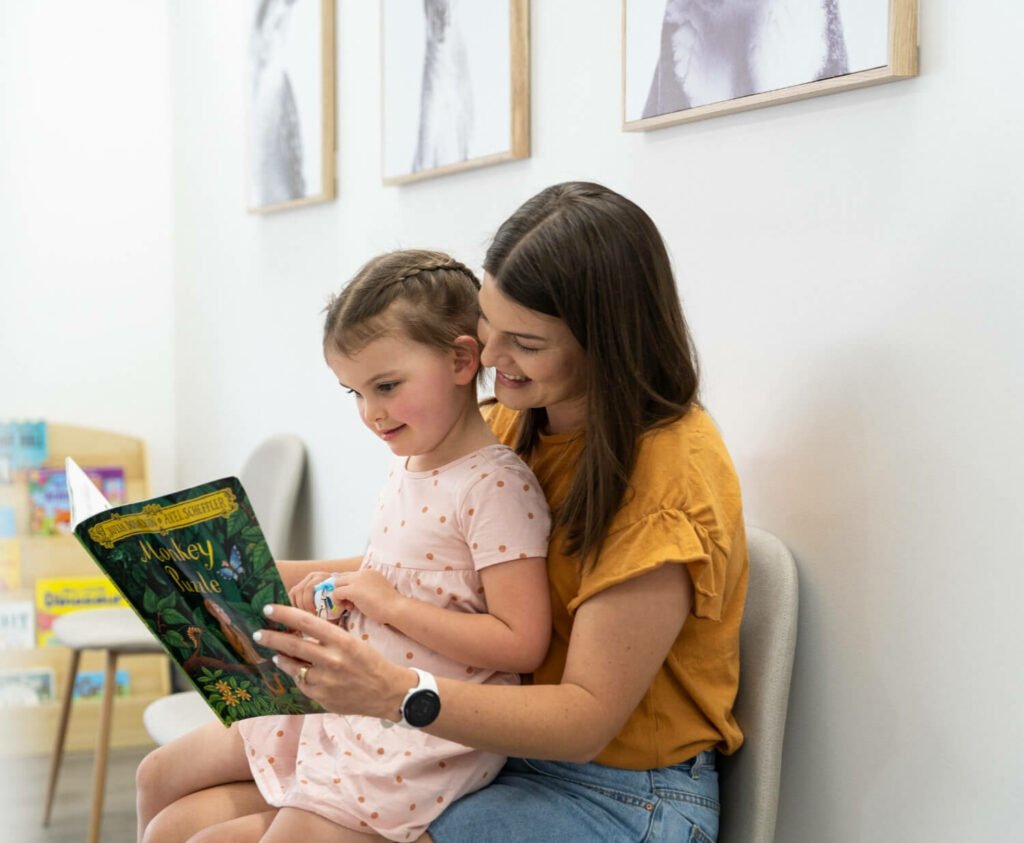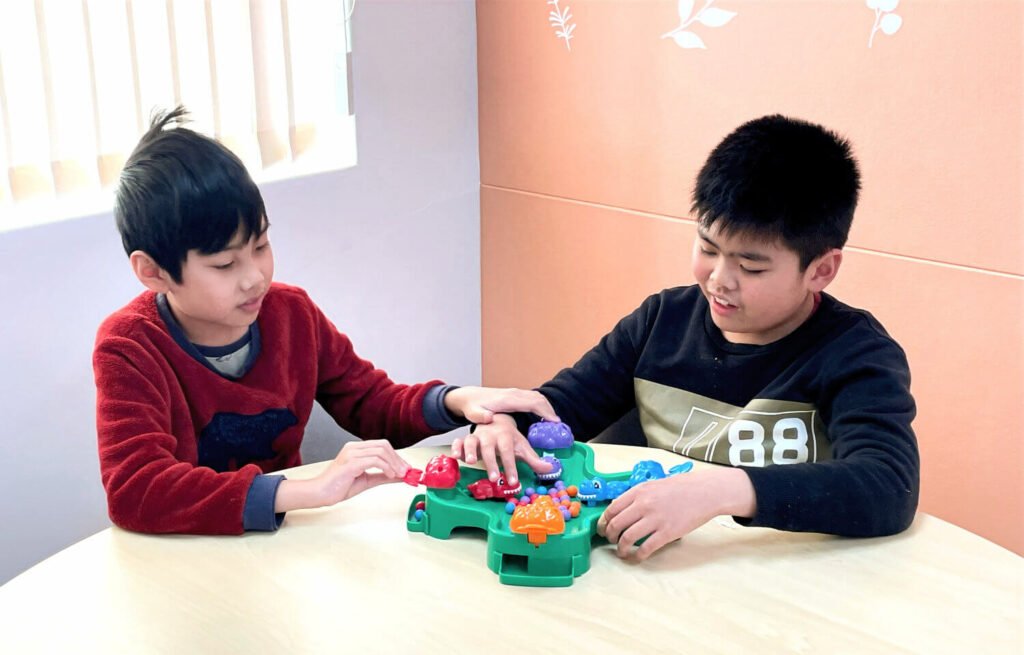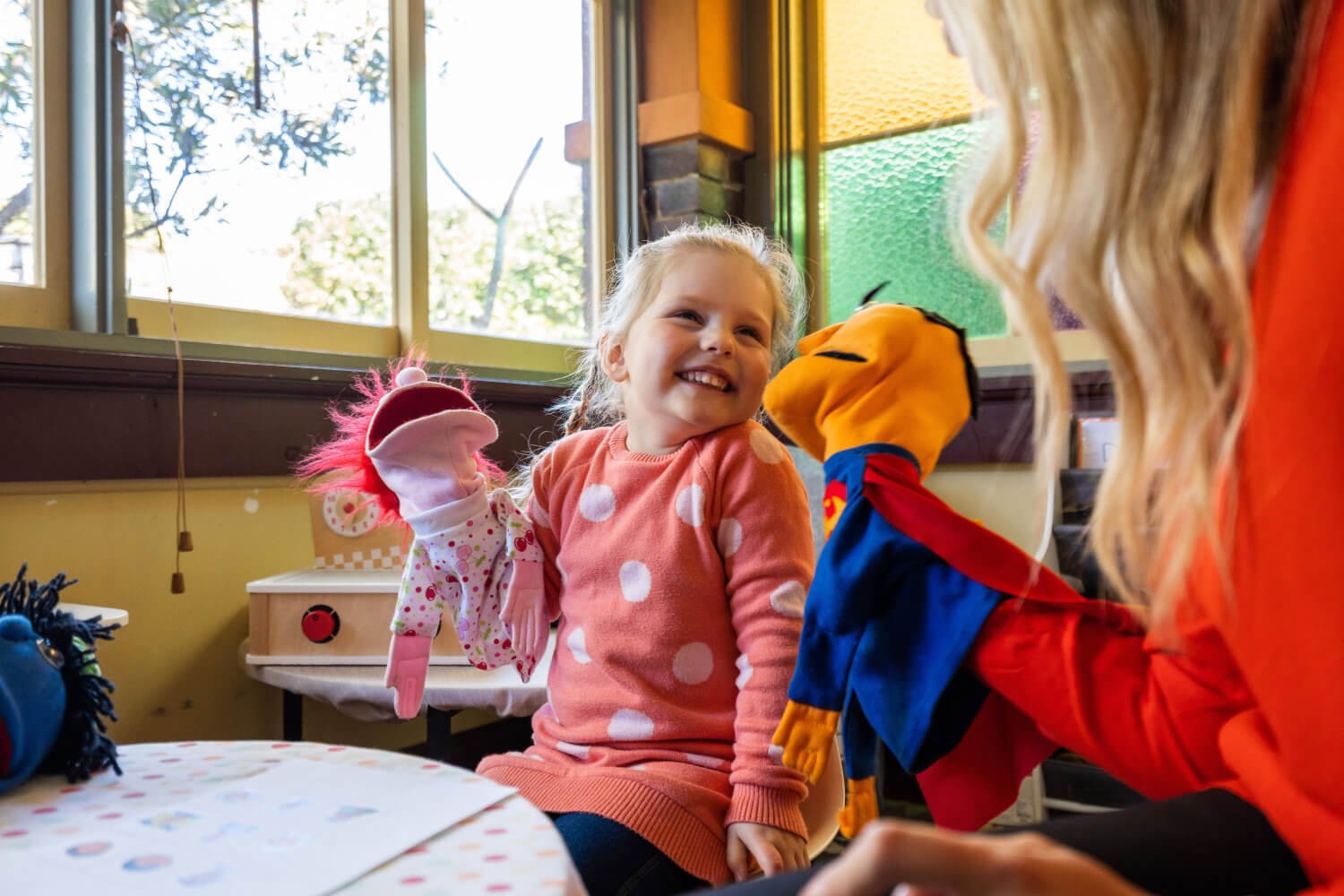As parents we wait with eager expectation for our child to say their first words. It’s so exciting to watch them learn and begin to string those first few words together into sentences. But what happens when your child seems to be delayed in this step? Your child may simply be a late talker. I hope this post can help you understand a bit more about your late talker, and how you can help them progress towards effective communication.
Who is a ‘late talker’?
Late talkers are toddlers (between 18 and 30 months) who have good understanding of language and good skills in other areas of development for their age but have limited expressive language.
There is no definitive research into why this happens, however it has been shown to impact around 13% of 2-year-olds.
How do I know if my child is a late talker?
Here are some criteria for usual development in toddlers to help you determine if your child might be experiencing a delay in speaking: Usual language development for toddlers:
- 18 months – Usually an 18-month-old child can use at least 20 words including different types of words e.g. nouns (milk, car), verbs (eat, sleep), prepositions (up, down) adjectives (hot, tired) and social words (hi, bye).
- 24 months – A 2-year-old will use at least 100 words and combine 2 words together (want milk, put down, hi Mum etc.) These should be combinations generated by the child themselves, not just chunks of two random words together.
Will late talkers catch up?
Yes, many late talkers will grow out of it, however there are some that will not. It is difficult to predict which children will catch up naturally and which ones will not, so an assessment with a speech pathologist is recommended. Studies also show that there can be long term impacts on a child’s language development if early language delays are not addressed.
Tips to help encourage your toddler to talk
- Follow their lead – watch closely what they are interested in and thinking about and then talk about that in short, simple sentences. This way you already have their attention!
- Create opportunities – Maybe they are not really needing to communicate because you are already giving them everything that they want. You could try putting some toys out of reach so they need to ask for them, giving them options about what they would like (e.g. do you want apple or strawberries?) or accidentally forgetting to give them something that they need e.g. a spoon so that they need to ask for it.
- Interpret – If you can see they are wanting to communicate something but are not using words then you can help by modelling the words for them e.g. if they are pointing at a drink and getting upset you could model ‘drink’ or ‘I want drink’.
- Use physical cues – Use objects around you to help with getting your message across e.g. hold up the yogurt and the apple when you are asking them which one they would like.
- Use the same words in daily routines – Activities that you do every day are great ways to encourage language development because you repeat them so often. Keep your language consistent everyday so that they can learn through repetition e.g. socks on, shoes on.





